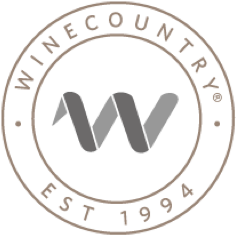Markham
2812 St. Helena Highway North, Napa, CA 94574, (707) 963-5292
Renowned for its focus on Bordeaux varietals, notably Merlot, Markham encompasses over 260 acres in Napa’s Calistoga, Yountville, and Oak Knoll AVAs. Since being founded 45 years ago by Jean Laurent, who left Bordeaux for California originally in search of gold, Markham has continued its heritage of making quality Bordeaux varietals from quality estate fruit.
Sustainable farming practices are at the heart of Markham’s philosophy. The winery earned its Napa Green Winery Certified designation by utilizing several sustainable practices, such as minimal tilling, planting cover crops, and water conservation efforts. Many of the cover crops, planted between the vineyards, are pollinated by the winery’s own bees, which help to replenish the soil in a natural way. In addition, wind and solar energy power the winemaking process and Markham’s recycling program focuses on U.S. made packaging.




































